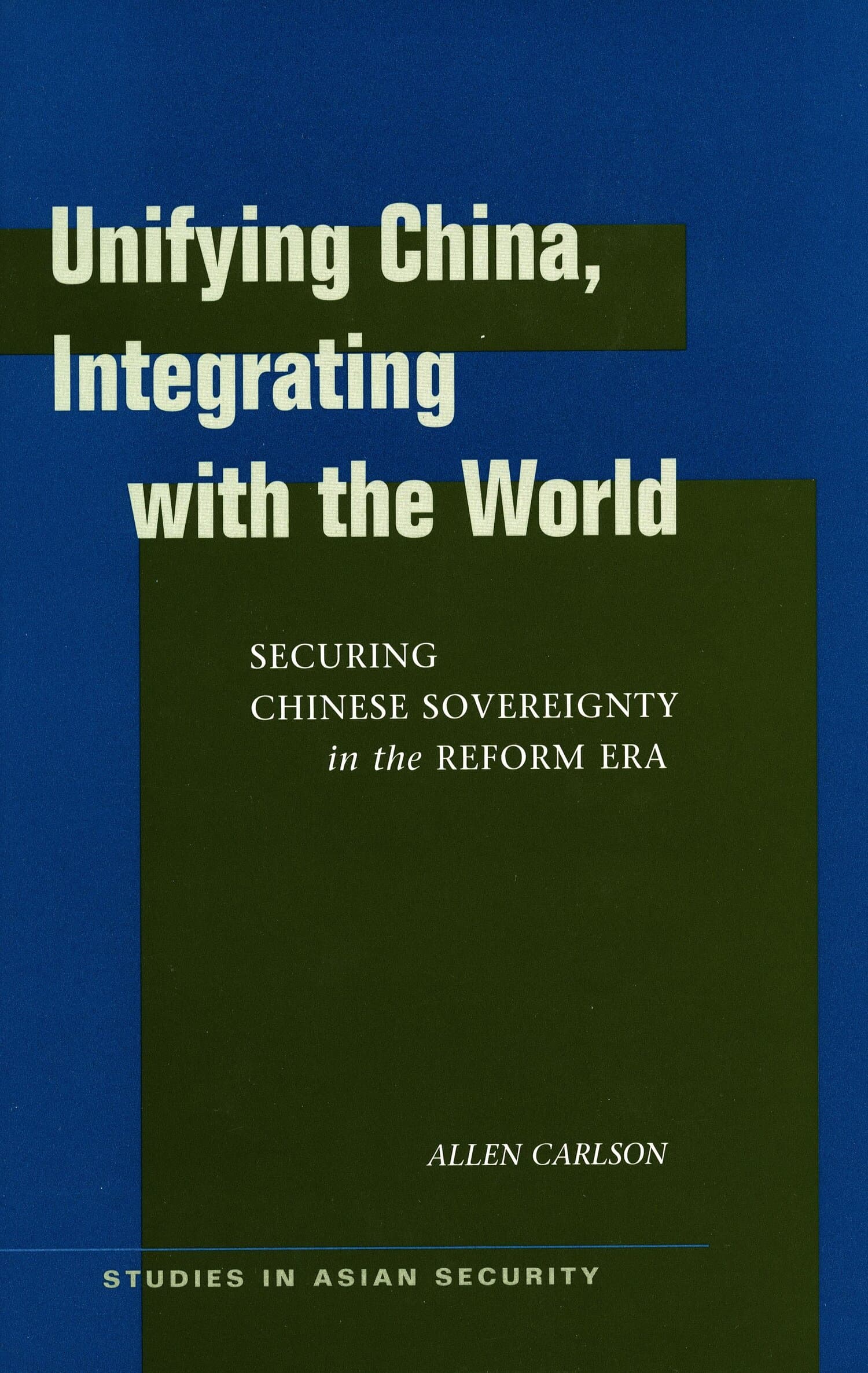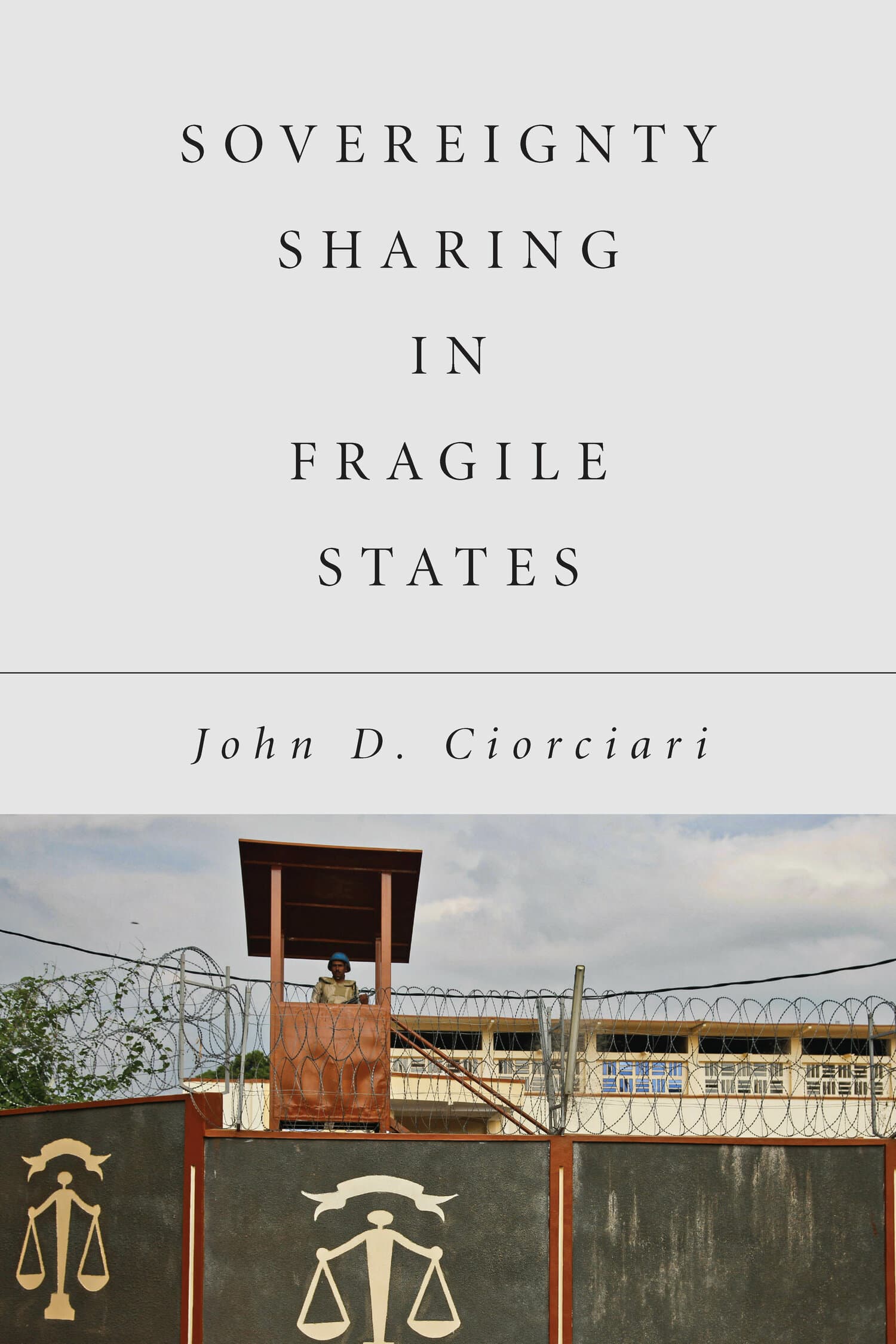Cyber Sovereignty
Also Available from

Governments across the globe find themselves in an exploratory phase as they probe the limits of their sovereignty in the cyber domain. Cyberspace is a singular environment that is forcing states to adjust their behavior to fit a new arena beyond the four traditional domains (air, sea, space, and land) to which the classic understanding of state sovereignty applies. According to Lucie Kadlecová, governments must implement a more adaptive approach to keep up with rapid developments and innovations in cyberspace in order to truly retain their sovereignty. This requires understanding the concept of sovereignty in a more creative and flexible manner.
Kadlecová argues that the existence of sovereignty in cyberspace is the latest remarkable stage in the evolution of this concept. Through a close study of the most advanced transatlantic cases of state sovereignty in cyberspace—the Netherlands, the US, Estonia, and Turkey—Cyber Sovereignty reveals how states have pursued new methods and tactics to fuel the distribution of authority and control in the cyber field, imaginatively combining modern technologies with legal frameworks. In times of booming competition over cyber governance between democracies and authoritarian regimes worldwide, cyber sovereignty is a major topic of interest, and concern, for the international community.
—James Andrew Lewis, Center for Strategic and International Studies (CSIS)
"This incisive book draws from international theory and detailed case studies to reveal how states reconfigure sovereign authority and control to pursue their interests in cyberspace. Lucie Kadlecová makes clear that, while state sovereignty remains relevant to cyberspace, we must reassess its implications for political order in a digital century."
—Tim Stevens, King's College London
"Cyber Sovereignty is a welcome addition to the literature on cybersecurity, which typically emphasizes the topic's technical aspects.... This is a must read for understanding the nontechnical side of cyberspace: governance and individual rights. Highly recommended."—B. Al Yesilada, CHOICE




